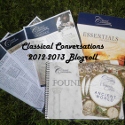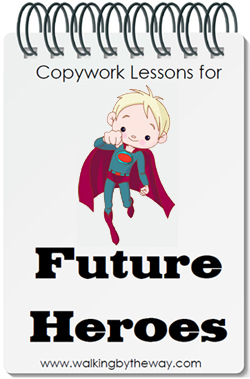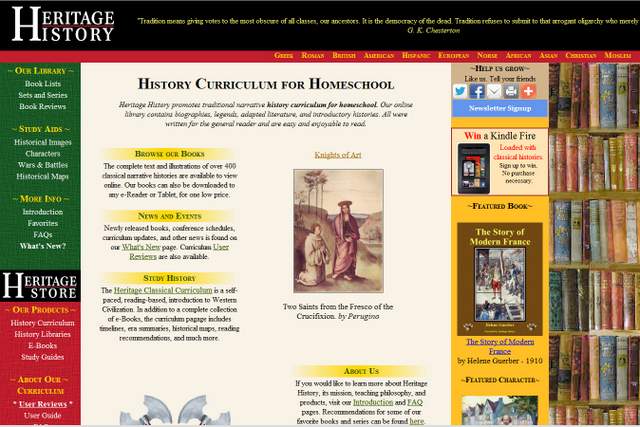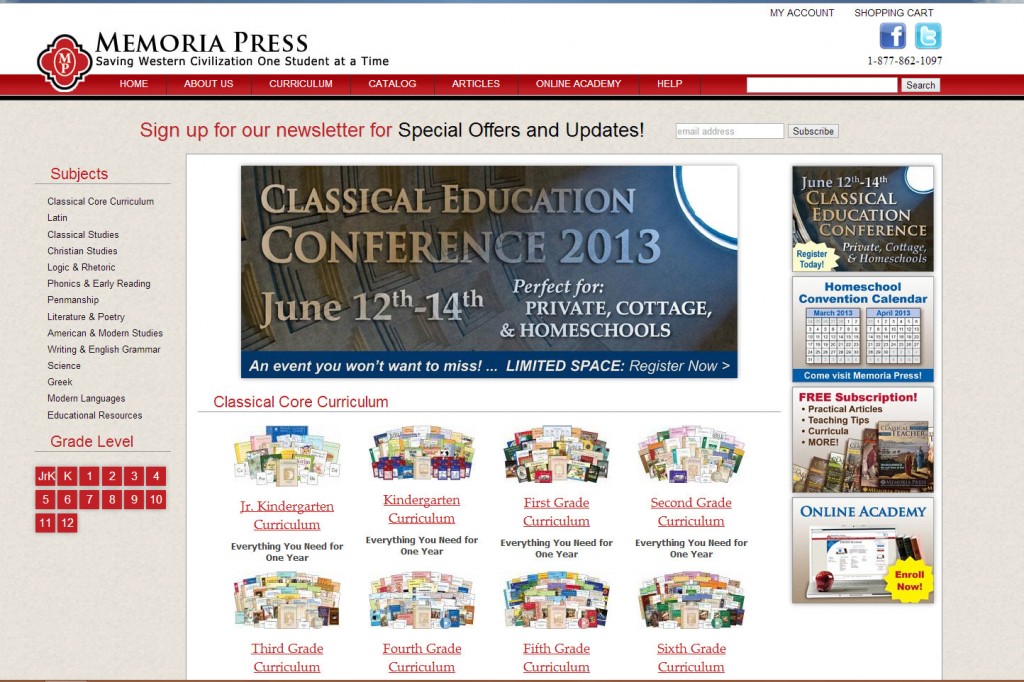What is Classical Education?
Classical Education marks the return to the fundamentals — a previous way of learning that has always been effective and truly trains children to become life long learners. Classical Education provides every student with the opportunity to learn beginning with the skills of repetition and memorization.
Classical Education is a systematic approach to training the mind of a child based on three distinct stages of learning that are intended to parallel a child’s natural development. The three stages are collectively referred to as the Trivium, from the Latin for “the three ways.” Traditionally it formed the basis of a student’s preparation for a more specialized study later in life, with the elasticity to engage in any field of study.
The three stages of the Trivium consist of:
- grammar
- logic
- rhetoric
In Classical Education, a child is progressively trained in each stage of the Trivium in such a way that each stage provides the building blocks for the next stage. The following table demonstrates this progression and the basic elements of the Trivium:
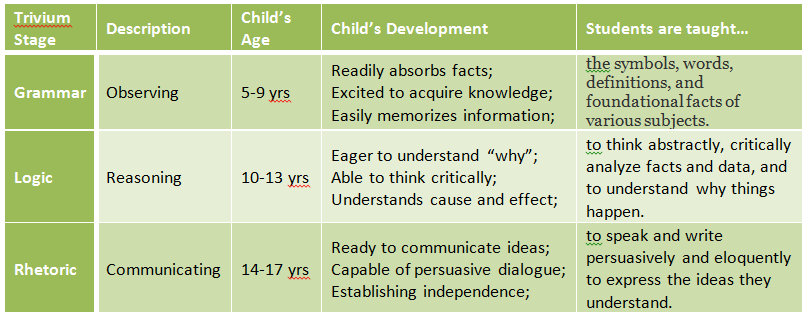
Do you want to know more about Classical Education?
In your quest to better understand Classical Education, I would highly recommend two books to get you started:
- The Well Trained Mind: A Guide to Classical Education at Home — this book is what radically changed my view of Classical Education. It pulled me out of my haphazard teaching and showed me initially how to get from Point A (kindergarten) to Point B (high school graduation).
- Though the ideas were well mapped out for me in Susan Wise Bauer’s book, I lacked the follow-through and needed accountability. By reading Leigh Bortins’ book, The Core, I decided to join a Classical Conversations community that meets weekly during the school year. I welcome you to join our ongoing book discussion of The Core.

- Announcing The Core Book club
- An Introduction for the Introduction
- What Does Your Core Look Like?
- Are Your Fingers Bleeding
- Why We Need Classical Education
- How Can A Classical Education Help You
- Reading: Give true Freedom
- Math: A Mastery of facts is necessary to excel in Algebra and beyond
- Geography: The Importance of Knowing Where You Are
- Science: A guest post by Mary of Homegrown Learners
- Fine Arts: How to Incorporate a Little Art into your Home
- Schedules and Resources: With the Single and Working Parent in Mind
- Epilogue: Bow Hunting or How a Classical Education Gives Us Life Skills
What is Classical Conversations?
2012 will mark our first year being a part of Classical Conversations. Classical Conversations exists to “know God and make Him known.”
The main mission of Classical Conversations is to provide the resources and weekly fellowship to equip parents as they endeavor to rediscover learning. More than just a curriculum, Classical Conversations supports the parent through CC Connected (an online community), quality curriculum based on the Trivium, and 3-day practicums.
The Engineer and I chose Classical Conversations because I needed accountability and I longed to be involved in a group that was learning the same thing. I wanted my children (and myself) to have the opportunity to truly dialog with others about what the Lord had revealed to us in our studies. Knowing, that at the same time God may have shed some nugget of truth in another family’s learning that will aide our understanding at our weekly Classical Conversation.
Additionally, being a part of Classical Conversations allows me to be back in the classroom in a setting that I am comfortable with and enjoy. I am a tutor for 5-7 year olds once a week. My job is to help my students learn their new memory work and review previous lessons. I will also get to teach science, music, and art — a true blessing as I avoid these subjects at home. By tutoring, I offset the tuition cost of being involved in the Classical Conversation community.
To see what Classical Conversations looks like, I encourage you to visit Half-a-Hundred Acres. Here you will find a list of other Classical Conversations blogs along with free Classical Conversation resources.
Other Classical Education Communities
Should you want to engage with other families who are simply involved in Classical Education, I HIGHLY recommend Amy’s website, Living and Learning, that features a Classical Homeschooling Link-Up. I like to just visit her blog because it is so relaxing and well . . . beautiful.

Helps
I hesitate to share with you printable resources. What I love about classical education is the LACK of printables. I often become so excited over some handout some mom has made . . . and then never use it but feel guilty because I printed it. Classical education is really a stick-in-the-sand approach to learning.
What does stick in the sand mean?
It means that to teach or instruct all you need is a stick and some sand to write in. Keep it simple. Read real texts. Memorize. Copy quality work.
- A Journey Through Learning Lapbooks — featuring hands on products to review what you have learned in Classical Conversations
- Half A Hundred Acres resource list
- Notebooking Pages — talk about a WEALTH of resourses at your fingertips as well as the ability to produce your own notebooking pages with the Notebook Publisher
- The Notebooking Fairy: Notebook Success
Jimmie has written an excellent ebook that allows your student to create their own notebooks. Forget purchasing fancy workbooks. The Notebook Success is an excellent resource for the Classical Education home.
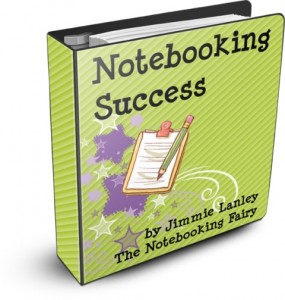
- Future Heroes Copywork Lessons — created by my IRL friend, Ami of Walking by the Way, this copywork focuses on giving boys true, noble, and excellent things to think about.
- Heritage History — we LOVE this resource. I have uploaded several books onto my Kindle for us to read. To see how we use Heritage History visit my tutorial.
Heritage History promotes traditional narrative history curriculum for homeschool. Our online library contains biographies, legends, adapted literature, and introductory histories. All were written for the general reader and are easy and enjoyable to read.
Further Classical Education Resources:
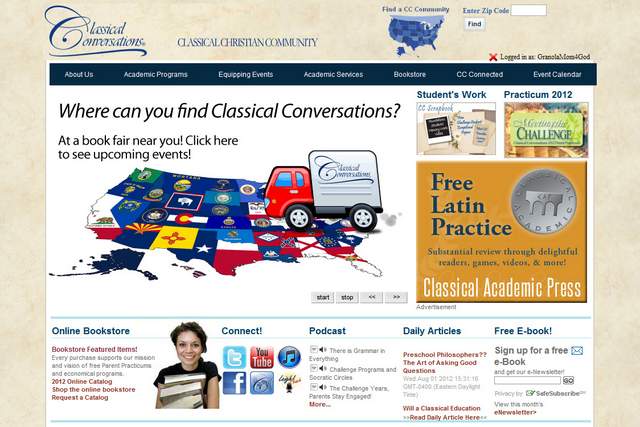
I was/am super impressed with Memoria Press . . .

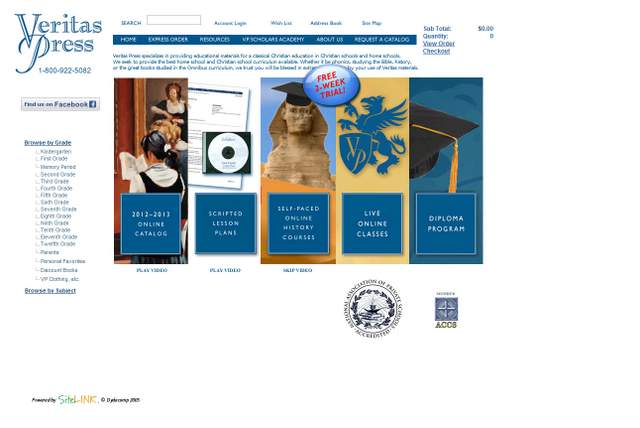
- Trivium Pursuit provides an vast amount of relevant articles as well as resources
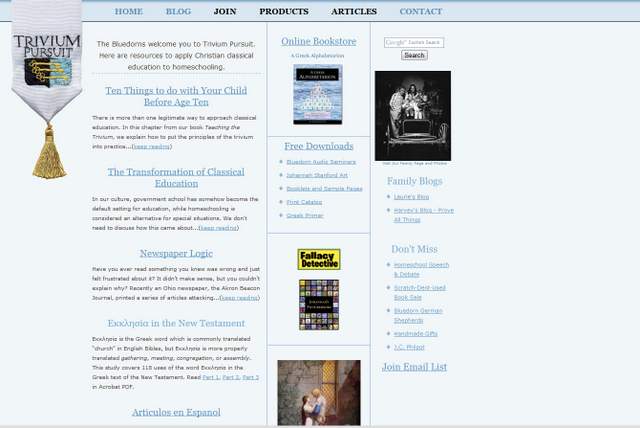
- Dorothy Sayers article on the Lost Tools of Learning — a short essay on the decay of education and what can be done about it . . .
- Classical Academic Press
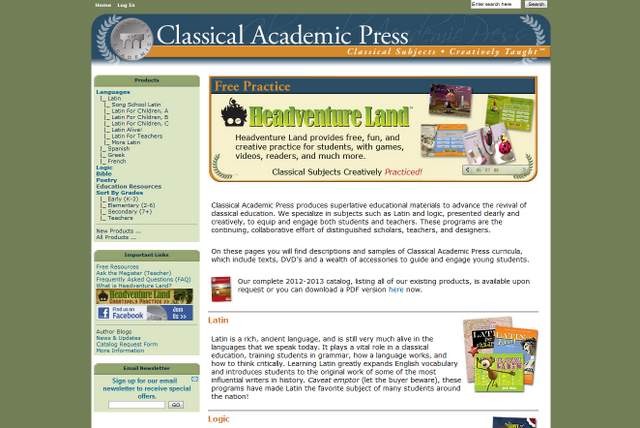
- Easy Classical — I was SUPER DUPER impressed with this website. Easy Classical features lesson plans for the classical homeschool.
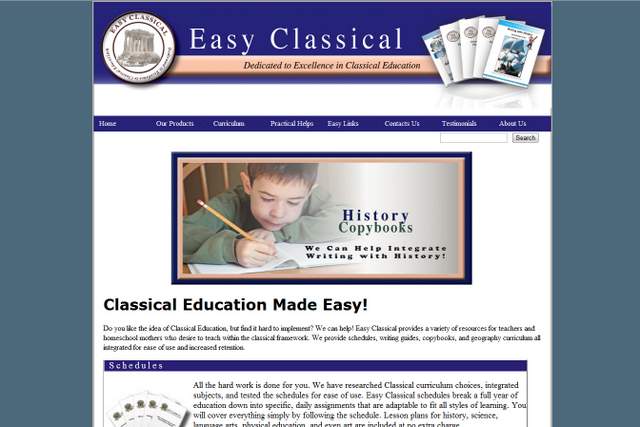
All the hard work is done for you. We have researched Classical curriculum choices, integrated subjects, and tested the schedules for ease of use. Easy Classical schedules break a full year of education down into specific, daily assignments that are adaptable to fit all styles of learning. You will cover everything simply by following the schedule. Lesson plans for history, science, language arts, physical education, and even art are included at no extra charge.
Many people are intimidated by the idea of a Classical Education. Don’t be. Everything doesn’t have to be learned in a day or even in a year. Using the tools that I have listed above, you have both resources and people to turn to as you begin and continue your journey.
I truly believe Classical Education is the path towards feeding your brain quality food . . .


